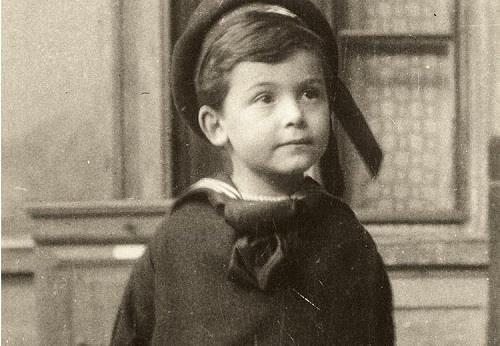Imagine when you were 9 years old, while you were studying and playing, you got into the prestigious Harvard University.
A child prodigy in the early 20th century, Sidis was famous everywhere for knowing how to read newspapers before he could walk and being the youngest person to get into Harvard.
A genius is… programmed
Born on April 1, 1898, it would not be an exaggeration to say that William James Sidis `came out of his mother’s womb with a book in his hand`.

Although you can debate whether or not you should teach a child academic knowledge from an early age, there is one thing you cannot deny: William has been reading the New York Times since he was 18 months old.
Because of that excellence, Sidis has received a lot of attention since childhood.
Loneliness at Harvard
When he was 9 years old, Sidis’s father enrolled him in Harvard but the school rejected him because he was too young.
Other students look at Sidis as an eccentric and refuse to take him seriously, even though he has a superior brain with knowledge that even elite students have to `open their mouths` and use fully.

He earned his bachelor’s degree at the age of 16, vowing to live a single life to pursue his education.
However, Sidis’s life had a turning point.
This period of time created in Sidis a deep rage and hatred for everyone.
Falling into adulthood
After a stint as a lecturer at Rice University at age 17, Sidis returned to Boston, where he tried to assimilate even half-heartedly into life at Harvard.
Sentenced to 18 months in prison, Sidis’s parents had to make every effort to keep him out of jail while waiting until he could appeal.
After his release from the sanatorium in 1921, Sidis was expected to return to Boston and resume his academic life.
Even as soon as someone knows about Sidis’s identity, he will immediately quit his job to find another job without anyone knowing who he is.

The reclusive life and sad ending of a genius
With an IQ rumored to be between 250 and 300, Sidis is said to have a brain superior to that of Albert Einstein and Isaac Newton.
Living a reclusive life, Sidis hoped he would be forgotten.
In the early 1940s, Sidis wrote for newspapers but used a different pen name.
Reference: History Daily
